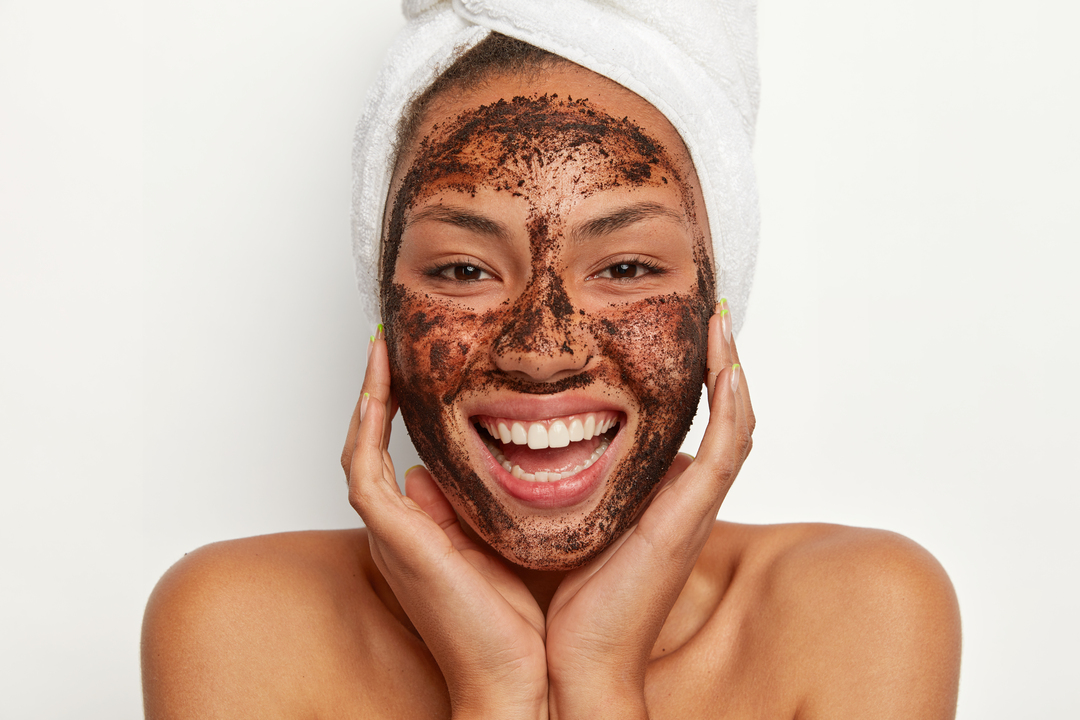CNA – Even though our skin naturally sheds dead cells through a process known as desquamation, regular exfoliation is still recommended by skincare experts. But is it really necessary?

Exfoliation 101
“While our skin does undergo a natural exfoliation every 28 days, this process can slow down or become incomplete as we age,” explains Dr Lee Hwee Chyen, Medical Director and Consultant Dermatologist at Epi Dermatology & Laser Specialist Clinic. Regular exfoliation helps support this natural process, keeping the skin fresh and vibrant.
Dr Pamela Chong, Aesthetic Doctor at Epion Clinic, emphasises that exfoliation is a crucial step in any skincare routine. It helps prevent clogged pores, reveals a brighter, smoother complexion, and boosts collagen production for youthful, supple skin.
Physical Exfoliation
Physical exfoliation involves using face scrubs—such as those with sugar, salt crystals, or micro-beads—or beauty tools like cleansing brushes and silicone devices to manually remove dead skin cells. The major advantage is the instant smoothness and brightness achieved after just one use.
Dr Chong points out that the physical action of scrubbing can also stimulate micro-circulation, enhancing skin radiance and regeneration. However, Dr Lee cautions against over-exfoliation, which can cause redness and create micro-tears in the skin barrier, increasing sensitivity and risk of irritation.
Chemical Exfoliation Explained
Chemical exfoliation uses acids and enzymes to dissolve dead skin cells and promote cell turnover. Common ingredients include alpha hydroxy acids (AHAs) like glycolic and lactic acid, beta hydroxy acids (BHAs) like salicylic acid, and fruit-derived enzymes such as papaya and pineapple.
Dr Chong notes that these chemical exfoliants address various skin concerns and penetrate deeper for more effective results. They are generally milder and less irritating than physical exfoliants, according to Dr Lee.
Exfoliation and Your Skin Type
- Acne-prone/Oily Skin
Contrary to the belief that exfoliation should be avoided, both experts agree that exfoliation—whether physical or chemical—can help reduce acne and acne scars. Dr Lee suggests physical exfoliants like facial brushes two to three times a week to manage excess build-up. However, Dr Chong advises using chemical exfoliants like BHAs daily for their anti-inflammatory properties and deep pore cleansing.
- Normal/Combination Skin
Those with normal or combination skin can benefit from either physical or chemical exfoliation based on personal preference.
- Dry/Sensitive Skin
For dry or sensitive skin, including those prone to eczema, chemical exfoliants are preferable. “They are gentler and less likely to irritate delicate skin compared to physical exfoliants,” advises Dr Lee. Start with weekly exfoliation and increase gradually, monitoring for any adverse reactions.
- Dehydrated Skin
Dehydrated skin, which lacks moisture and may appear dull and flaky, benefits from regular exfoliation. Dr Chong recommends using low concentrations of AHAs or polyhydroxy acids (PHAs) to boost hydration while providing antioxidant protection.
Dos and Don’ts for Smooth, Soft Skin
- Use Cleansing Devices with Care
While cleansing devices offer a deeper clean, overuse can lead to over-exfoliation. Avoid these devices if you have conditions like rosacea or eczema, as they may exacerbate these issues. Opt for gentle circular motions and avoid focusing on one area for too long.
- Exfoliate at Night
Exfoliate in the evening to allow your skin time to recover overnight. Remember to apply sunscreen in the morning, as some chemical exfoliants can increase sun sensitivity.
- Avoid Combining Methods
Using both physical and chemical exfoliants at the same time can lead to over-exfoliation and skin damage. Stick to one method to prevent irritation.
- Skip Exfoliation on Irritated Skin
Never exfoliate if your skin is irritated, sunburnt, or has open wounds, as this can worsen the condition and hinder healing.
- Consult Your Doctor
If you are on oral retinoid medications like Accutane or have had recent in-clinic treatments such as peels or lasers, consult your doctor about an appropriate exfoliation routine. These treatments can increase skin sensitivity.
- Stop If You Experience Adverse Effects
If you experience pain, burning, or swelling during or after exfoliation, cease immediately and allow your skin to recover, which may take two to three weeks depending on severity. As a general rule, postpone exfoliation until visible redness or inflammation has healed.
By following these guidelines, you can enjoy the benefits of exfoliation while maintaining healthy, radiant skin. – Vanessa Chia






